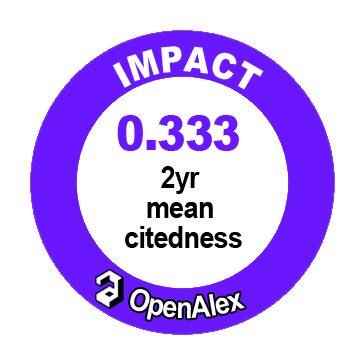The Digital Divide and Learning Inequality: A Cross-Regional Study of E-Learning Access and Quality in Sub-Saharan Africa
DOI:
https://doi.org/10.55220/2576-6759.563Keywords:
Digital divide, Education policy, Education reform, E-learning, ICT access, Learning inequality, Sub-Saharan Africa.Abstract
TIn Sub-Saharan Africa digital inequality is another thorn in the flesh of education equity, as unequal access to information and communication technologies (ICTs) worsen perennial learning opportunities disparities. Policy attention for digital transformation is increasing globally, but it is not yet clear to what extent national e-learning strategies are committed to questions of access, quality and inclusion. Between the years 2010–2025, this study will evaluate and compare e-learning policies in five Sub-Saharan African countries; Kenya, Nigeria, Ghana, Rwanda and South Africa. Based on a qualitative comparative policy analysis method, the research includes national policy documents, international agency reports and strategic frameworks (UNESCO; The World Bank Group; UNICEF). Evaluation of policy content, the way in which policy is implemented and the extent to which legislation engages with stakeholders can be guided by various analytical models such as Walt and Gilson's Policy Triangle (25), Sabatier's Advocacy Coalition Framework (26) or Bardach's Eightfold Path (27). As the analysis suggests, the extent of policy maturity and implementation varies significantly across the region. Though Rwanda and Kenya have succeeded intranslating policy design into implementation, in Nigeria and Ghana there remain too many missing links — resources for infrastructure, prepared teachers, monitoring capacity etc. These include low engagement with rural and peri-urban areas, lack of coordination among institutions and low funding. This emphasizes the need of digital education policies which are inclusive and context sensitive and in order to strengthen infrastructure, monitoring system to motivate regional policy harmonization. The key will be for them to scale these efforts sustainably and systematically to address the global learning crisis and labor market mismatches in Sub-Saharan Africa.





